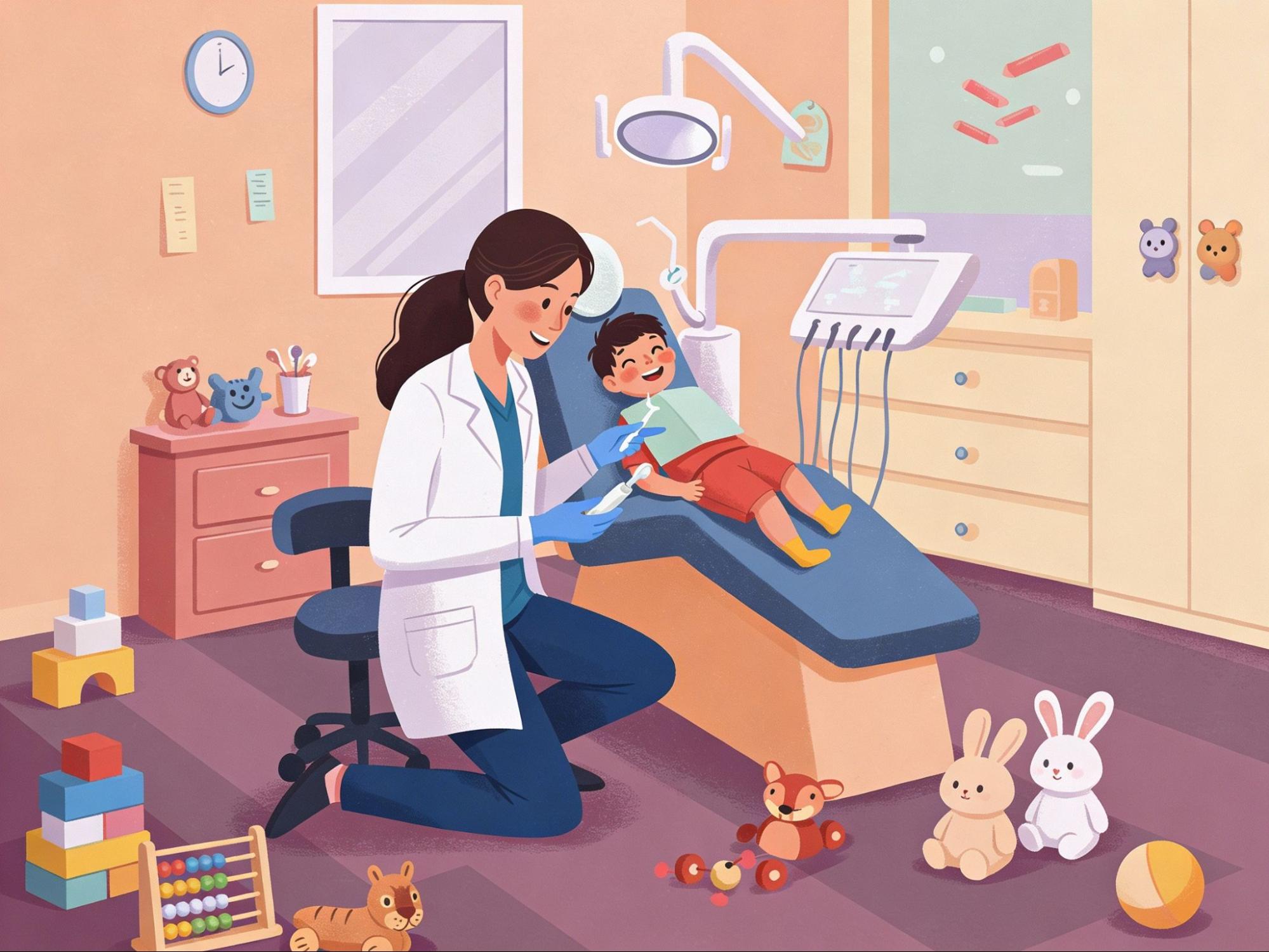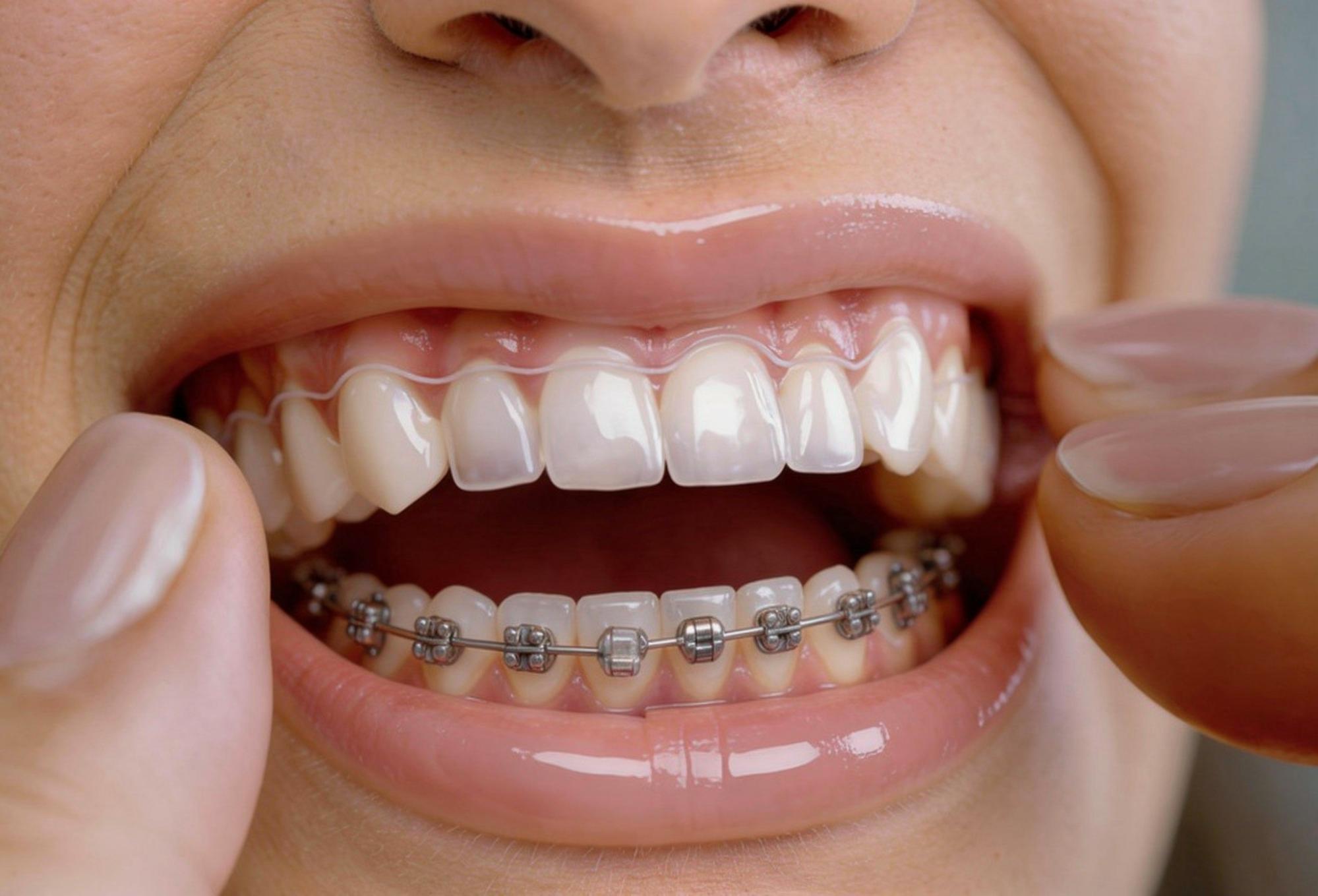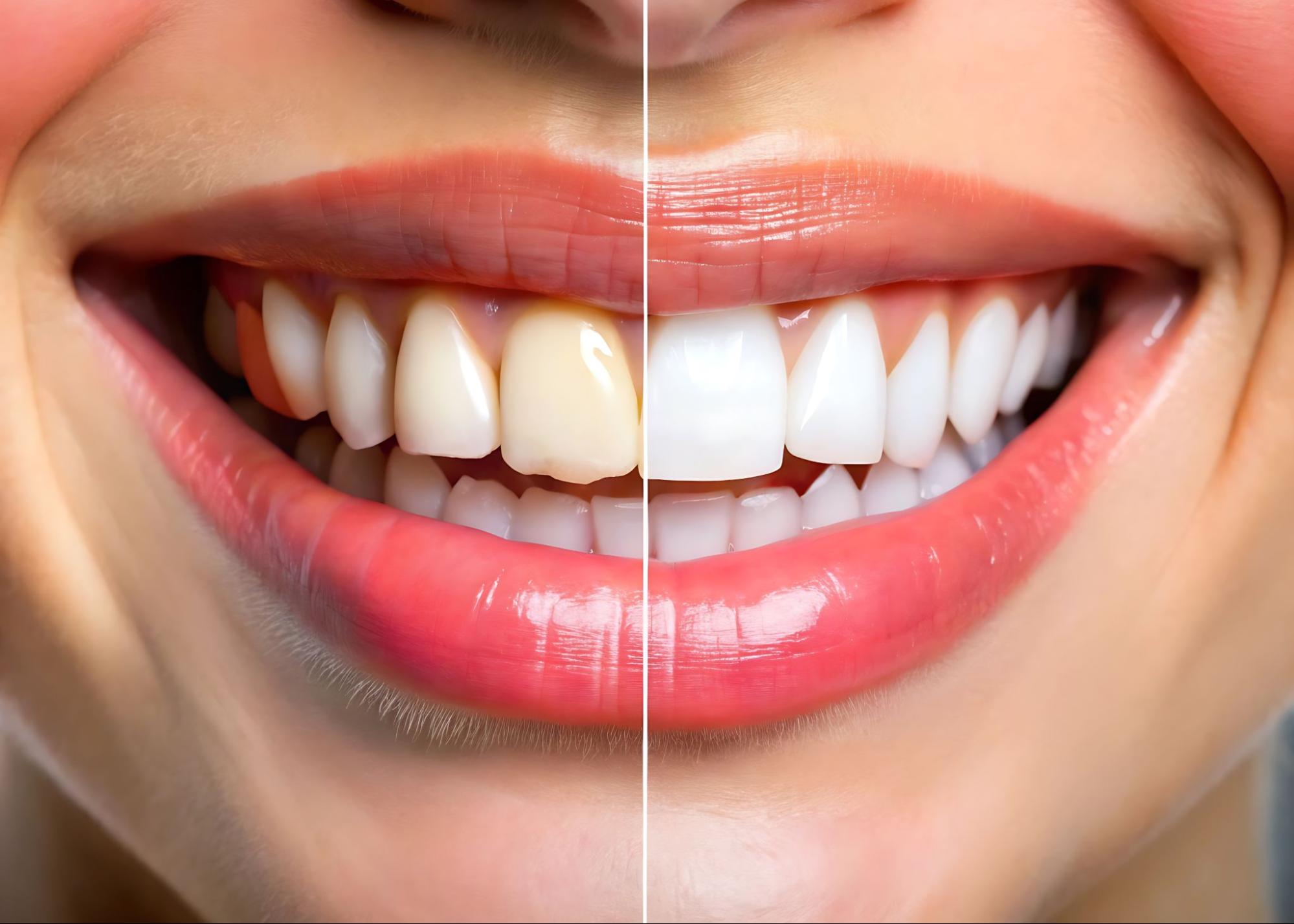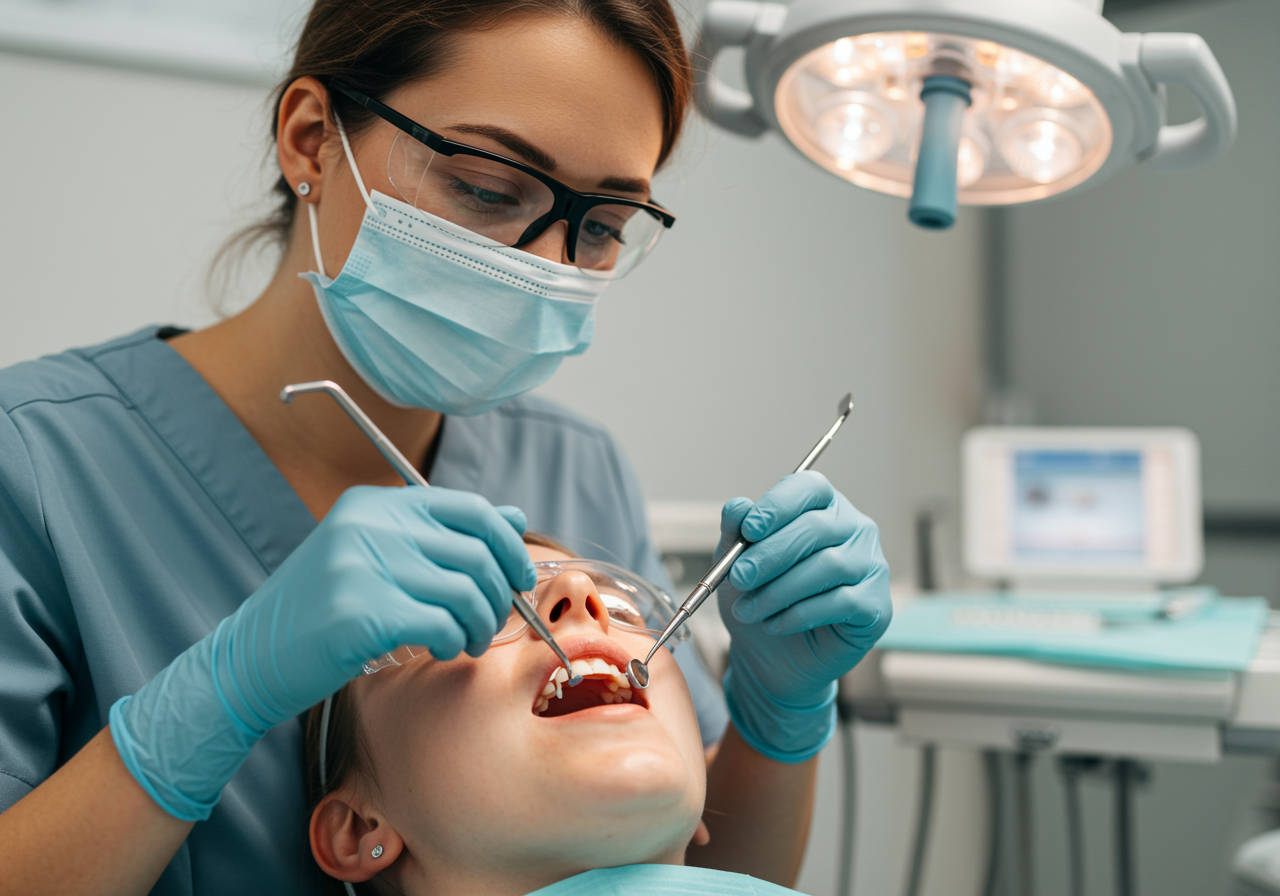You probably already know that maintaining good oral health is crucial for your overall well-being. One common dental condition is gingivitis (the early stage of gum disease) where you experience inflammation within your gums. When left untreated, gingivitis can progress into a more severe form of periodontal disease that can harm your smile. Gingivitis arises as plaque, a sticky film composed of bacteria, builds up on the teeth and along the gumline.
What Causes Gingivitis
In general, the main culprit of gingivitis is improper daily oral hygiene. When you neglect to brush and floss regularly, plaque accumulates, creating a breeding ground for oral bacteria to thrive. However, other factors can also contribute to the development of gingivitis, including:
-Hormonal changes: Fluctuations in hormone levels during puberty, pregnancy or menopause can make your gums more susceptible to inflammation.
-Unhealthy eating: If your body doesn’t get the essential nutrients it needs, your immune system can weaken and make the gums more prone to infection.
-Smoking and tobacco use: Tobacco products impair blood flow to your gums, hindering the healing process and making you more susceptible to gum disease.
-Your family tree: If you are genetically susceptible to gum inflammation, this will make them prone to gingivitis even with good oral hygiene practices.
Symptoms of Gingivitis
Recognizing the signs of gingivitis is crucial for early intervention. Look for these common symptoms that indicate gingivitis:
-Swollen and tender gums: Inflammation causes your gums to become red, puffy and sensitive to touch.
-Gum bleeding: Gums affected by gingivitis may bleed when you brush, floss or even when chewing.
-Persistent bad breath: The bacteria present in plaque release foul-smelling toxins, leading to persistent halitosis.
-Gum recession: As the disease progresses, your gum line may start to pull away from your teeth, exposing tooth roots and making your teeth appear longer.
-Changes in tooth alignment: Untreated gingivitis can cause your teeth to shift or become loose due to the damage caused to the supporting tooth structures.
Gingivitis Prevention and Treatment
The good news is that gingivitis is reversible with prompt care and attention. Here are some preventive measures and treatment options to help you combat gingivitis in your smile:
-Maintain a consistent oral care routine: You will want to brush your teeth (at least) twice a day with a soft-bristled toothbrush (gentler on your gums) and a fluoride containing toothpaste. Be sure to floss every day to clear away harmful plaque and oral debris lingering between your pearly whites.
-Regular dental check-ups: Schedule routine visits to our dentist for professional cleanings and thorough examinations of your gum health.
-Healthy lifestyle choices: Now is the time to quit smoking or using tobacco products in general, as they increase your risk of gum disease. Adopt a balanced diet that is nutrient dense with vitamins and minerals to support gum health.
-Antimicrobial mouth rinses: Our dentist may recommend an antimicrobial mouthwash to reduce plaque and control bacterial growth.
-Professional cleaning and scaling: In cases of advanced gingivitis, you may be advised to get a deep cleaning treatment (scaling and root planing) to effectively get rid of any plaque and tartar buildup.
Don’t Delay, Call Today!
Gingivitis can be prevented, and when treated early, reversed. If you are experiencing the signs of gingivitis, please reach out as soon as possible to prevent serious damage. Our skilled dental teams in Romeoville, Naperville and Montgomery, Illinois, are here to help!







